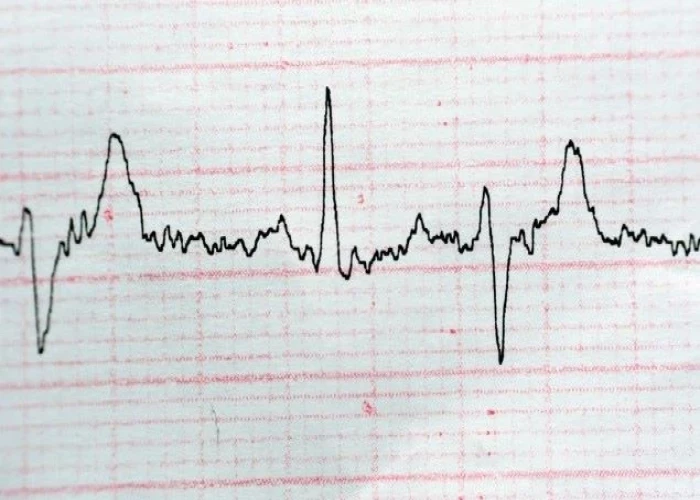 Welcome
Welcome
“May all be happy, may all be healed, may all be at peace and may no one ever suffer."
Premature ventricular contractions (PVCs)
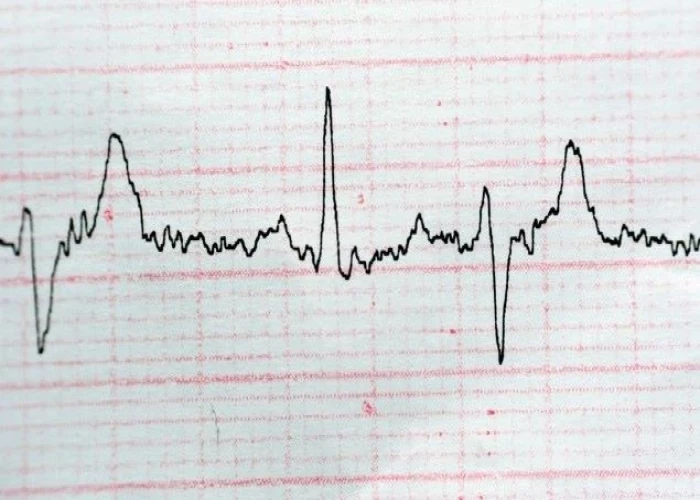
Premature ventricular contractions (PVCs) are abnormal heartbeats that occur when the heart's ventricles (lower chambers) contract earlier than expected. PVCs are common and often harmless, but in some cases they can be a sign of an underlying heart condition.
PVCs can feel like a skipped heartbeat or a fluttering sensation in the chest. Some people may not even feel PVCs, as they can occur without any symptoms. In some cases, frequent or repetitive PVCs can cause symptoms such as chest pain, dizziness, or shortness of breath.
The causes of PVCs are not fully understood, but they may be related to underlying heart disease, electrolyte imbalances, or the use of certain medications or drugs. Stress, anxiety, and caffeine intake may also contribute to PVCs.
In most cases, PVCs do not require treatment, especially if they occur infrequently and without symptoms. However, if PVCs are frequent or cause symptoms, treatment may be recommended. Treatment may include medications to control the heart's rhythm, such as beta blockers, or procedures to remove the abnormal heart tissue that is causing the PVCs, such as catheter ablation.
If you are experiencing PVCs or any other irregular heartbeats, it is important to talk to your healthcare provider, who can perform tests to determine the underlying cause and recommend appropriate treatment.
Research Papers
Disease Signs and Symptoms
- Rapid fluttering heartbeats (palpitations)
- Irregular heartbeats (arrhythmia)
Disease Causes
Premature ventricular contractions (PVCs)
To understand the cause of premature ventricular contractions (PVCs), it might help to learn more about how the heart typically beats.
The heart is made of four chambers — two upper chambers (atria) and two lower chambers (ventricles).
The heart's rhythm is controlled by a natural pacemaker (the sinus node) in the right upper chamber (atrium). The sinus node sends electrical signals that typically start each heartbeat. These electrical signals move across the atria, causing the heart muscles to squeeze (contract) and pump blood into the ventricles.
Next, the signals arrive at a cluster of cells called the AV node, where they slow down. This slight delay allows the ventricles to fill with blood. When the electrical signals reach the ventricles, the chambers contract and pump blood to the lungs or to the rest of the body.
In a typical heart, this heart signaling process usually goes smoothly, resulting in a resting heart rate of 60 to 100 beats a minute.
PVCs are irregular contractions that start in the ventricles instead of the atria. The contractions usually beat sooner than the next expected heartbeat.
The cause of premature ventricular contractions isn't always clear. Certain things including heart diseases or changes in the body can make cells in the lower heart chambers electrically unstable. Heart disease or scarring may cause the heart's signals to be misrouted.
Premature ventricular contractions may be caused by:
- Certain medications, including decongestants and antihistamines
- Alcohol or drug misuse
- Stimulants such as caffeine or tobacco
- Increased levels of adrenaline in the body due to exercise or anxiety
- Injury to the heart muscle due to disease
Disease Prevents
Disease Treatments
Most people with premature ventricular contractions (PVCs) who don't have heart disease won't need treatment. If you have heart disease, PVCs can lead to more-serious heart rhythm problems (arrhythmias). Treatment depends on the underlying cause.
A health care provider may recommend the following treatment for frequent PVCs:
- Lifestyle changes. Eliminating common PVC triggers — such as caffeine or tobacco — may reduce the number of extra beats and lessen symptoms.
- Medications. Blood pressure medications may be prescribed to reduce the premature contractions. Those used for PVCs may include beta blockers and calcium channel blockers. Drugs to control the heart rhythm also may be prescribed if you have a type of irregular heartbeat called ventricular tachycardia or frequent PVCs that interfere with heart function.
- Radiofrequency catheter ablation. If lifestyle changes and medications don't help reduce the PVCs, a catheter procedure may be done to stop the extra beats. In this procedure, a health care provider threads one or more thin, flexible tubes (catheters) through an artery, usually in the groin, and guides them to the heart. Sensors (electrodes) on the tip of the catheter use heat (radiofrequency) energy to create tiny scars in the heart to block irregular electrical signals and restore the heart rhythm.
Disease Diagnoses
Disease Allopathic Generics
Disease Ayurvedic Generics
Disease Homeopathic Generics
Disease yoga
Premature ventricular contractions (PVCs) and Learn More about Diseases
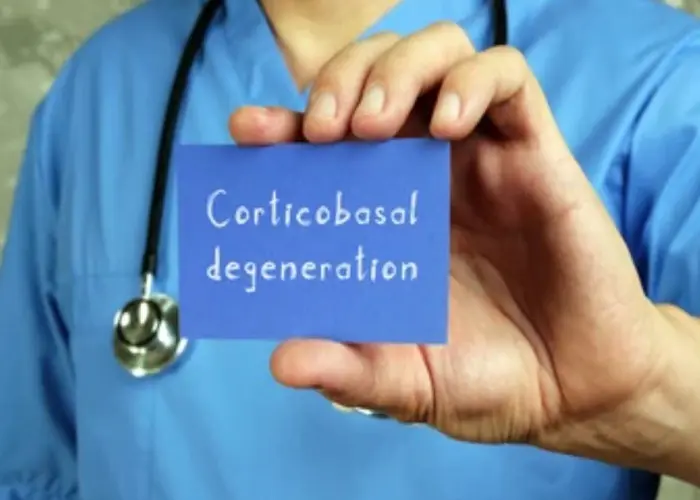
Corticobasal degeneration

Bronchitis

Chondrosarcoma
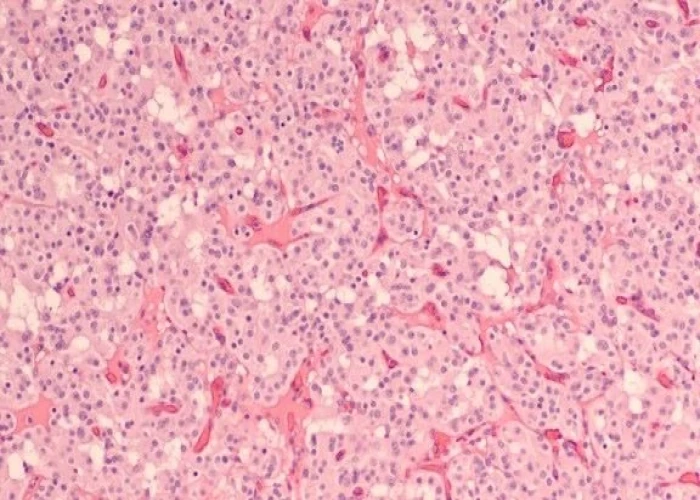
Pancreatic cysts
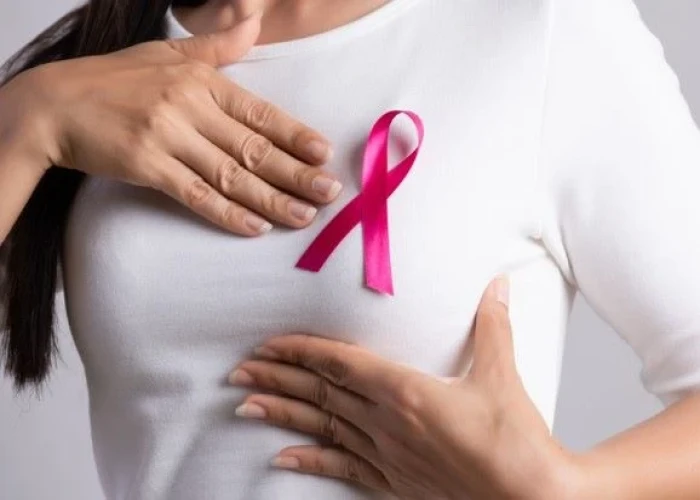
Recurrent breast cancer

Head lice

Elevated blood pressure
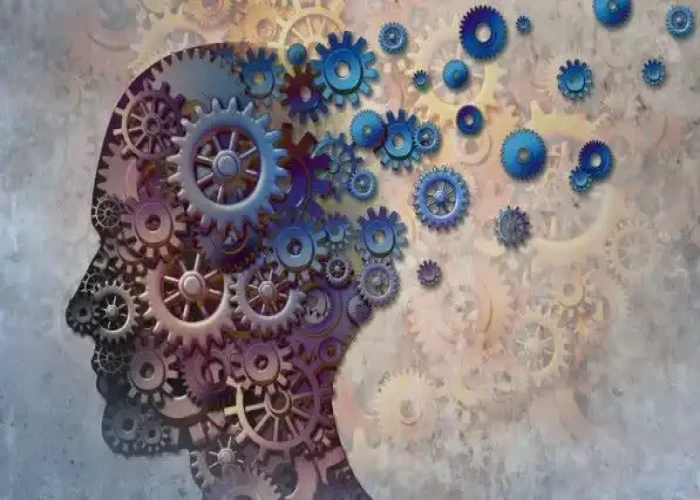
Transient global amnesia
Premature ventricular contractions, pvcs, অকাল ভেন্ট্রিকুলার সংকোচনের, পিভিসি
To be happy, beautiful, healthy, wealthy, hale and long-lived stay with DM3S.
